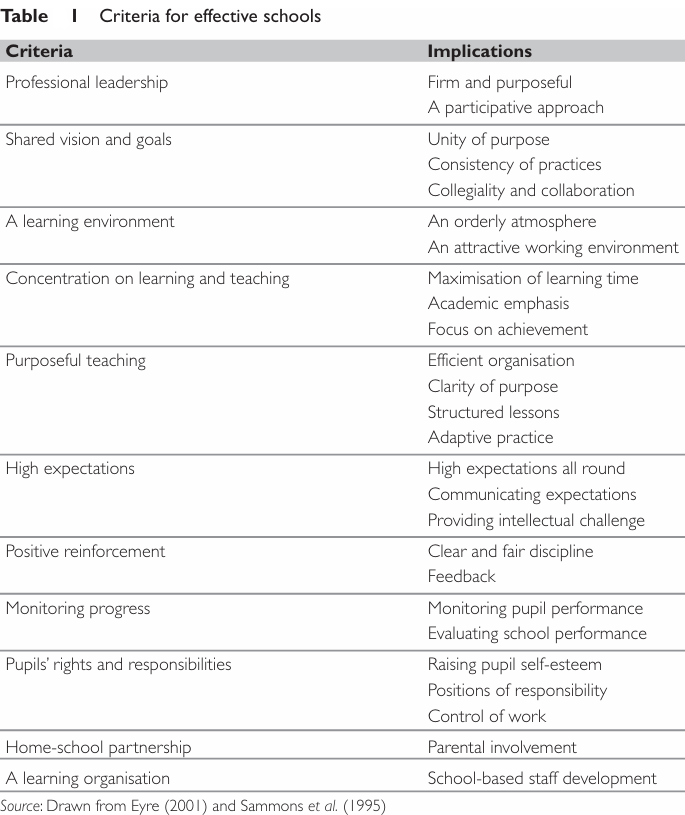


 Grammar
Grammar
 Tenses
Tenses
 Present
Present
 Past
Past
 Future
Future
 Parts Of Speech
Parts Of Speech
 Nouns
Nouns
 Verbs
Verbs
 Adverbs
Adverbs
 Adjectives
Adjectives
 Pronouns
Pronouns
 Pre Position
Pre Position
 Preposition by function
Preposition by function 
 Preposition by construction
Preposition by construction
 Conjunctions
Conjunctions
 Interjections
Interjections
 Grammar Rules
Grammar Rules
 Linguistics
Linguistics
 Semantics
Semantics
 Pragmatics
Pragmatics
 Reading Comprehension
Reading Comprehension|
Read More
Date: 2025-04-02
Date: 2025-03-24
Date: 2025-03-24
|
Meeting the needs of gifted and talented pupils
The education of gifted and talented pupils can best be considered as part of more general commitment towards ensuring appropriate educational opportunities for all children. There is certainly no expectation that provision for gifted and talented pupils should be at the expense of others in the school. Rather, meeting the needs of gifted and talented pupils is essentially about building on general good practice (Eyre, 2001). So, schools that meet the criteria for effective schools (such as offered by Sammons et al., 1995) will also be effective in meeting the needs of gifted and talented pupils (see Table 1)).
Discussion
Using Table 1 as a framework for discussion, consider the changes that might be brought about in schools that you know in order to maximize opportunity for gifted and talented pupils. You might begin this exercise by adding a further column to the right of Table 1, and draw out implications for the education of the gifted and talented.

The White Paper Schools Achieving Success (DfES, 2001b) sets out a policy statement for gifted and talented education. In doing so, it offers a useful summary of good practice. It is suggested that provision should do the following:
■ Build on pupils’ particular strengths and tackle any weaknesses, making sure they receive a broad and balanced education.
■ Combine in-school learning with complementary opportunities out of school hours.
■ Provide more opportunities for pupils to progress in line with ability rather than their age and, where possible, achieve mastery rather than superficial coverage of all subjects.
■ Blend increased pace, breadth and depth in varying proportions according to pupils’ ability and needs.
To help make such lists more concrete, reflect upon the following case studies. In each case, consider what you and your school might do to adequately meet each child’s needs.
Case study 1
Paul enjoys mathematics and finds learning its concepts relatively easy, compared to his peers. In fact, at only six years of age, he is carrying out GCSE coursework at home, because his parents cannot find a school that could meet his needs. He rarely plays with other children outside his home. At school, he is starting to become restless and bored, and his parents are concerned that he may soon begin to misbehave.
Discussion
■What can schools do to meet the special needs of children like Paul?
■ Is there a specific role for teaching assistants, who may not have his level of ability in an area of the curriculum?
Case study 2
Ahmed,12,enjoys politics, and has told you that he would like to become a journalist. He reads his parents broad sheet newspaper every day, and frequently engages you in discussions about current affairs. He has recently joined the school debating club, and has rapidly become one of its stars. His spoken language is excellent, but his written work is less strong.
Discussion
Ahmed’s parents ask you for advice with regard to meeting his educational needs, and keeping him motivated. What could you suggest to them?
Case study 3
Sally is an excellent games player. In fact, according to her PE teacher, she is one of the best athletes she has seen. However, Sallys poorly developed social skills, her lack of understanding of others in her team, and her frequent outbursts of frustration during competitions means that she rarely makes school teams. Her teacher says that she has the potential to do very well, but at the moment, she is a long way from realizing it.
Discussion
■ In what ways could a mentor contribute to Sally’s development in PE?
■ What strategies could be employed to address her areas of weakness and build on her strengths?
|
|
|
|
التوتر والسرطان.. علماء يحذرون من "صلة خطيرة"
|
|
|
|
|
|
|
مرآة السيارة: مدى دقة عكسها للصورة الصحيحة
|
|
|
|
|
|
|
نحو شراكة وطنية متكاملة.. الأمين العام للعتبة الحسينية يبحث مع وكيل وزارة الخارجية آفاق التعاون المؤسسي
|
|
|